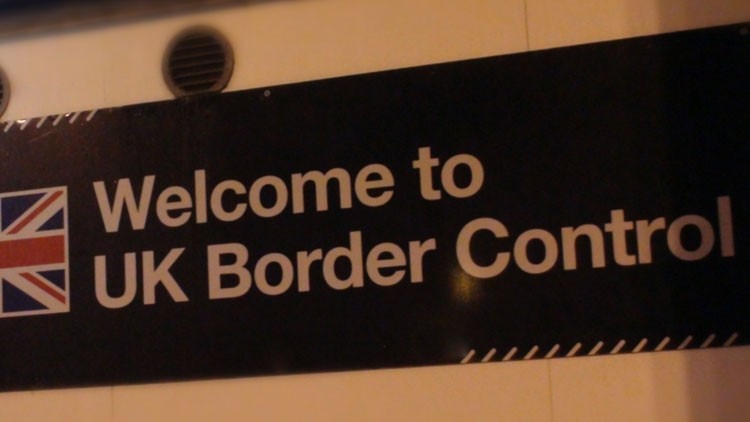COMMENT
Comment: UK's post-Brexit immigration policy is highly damaging for hospitality

“The most savage act of self-harm by a British government in living memory” – this is how Theresa May’s proposed post-Brexit policy has been described by author and newspaper columnist, Simon Jenkins. Indeed, the hospitality sector being one that is most likely to be affected by the proposal, would surely agree with this portrayal of it.
As it stands, freedom of movement allows people from the European Economic Area - all EU countries, Norway, Iceland, Liechtenstein as well as Switzerland - to travel and work in the UK without visas and regardless of skills.
Under the new system, skilled workers who want to live and work in Britain would be given priority over low-skilled immigration which would be curbed and, in fact (it is proposed) there will be no special scheme in place for the low-skilled to access the UK labour market (with the potential exception of agricultural workers).
Further, there will be no preferential treatment of Europeans post-Brexit. This means the end of free movement as we know it, with a single immigration system that treats EU Nationals the same as non-EU Nationals.
This proposed system which draws lines based on skills or salaries has provoked much concern within the hospitality sector which requires access to a large labour pool. The sector employs over three million people, a significant proportion of whom are low-skilled migrant workers.
Therefore, adopting an immigration system based almost exclusively on high skills and wages will inevitably cause this pool to dry up. This would, of course, be highly damaging for a sector which is already experiencing a shortage in terms of labour.
Theresa May has said that the government wants British/settled people to fill the vacancies in areas such as hospitality, correspondingly reducing low-skilled immigration and bringing net migration down to what she describes as “sustainable levels”. This, however, illustrates a lack of insight and understanding on the part of the Prime Minister of the hospitality sector and just how heavily reliant it is on EU labour.
By dismissing the importance of low skilled EU migrant workers in this way, the government risks causing great harm to the UK economy. The Migration Advisory Committee has suggested that certain medium skilled roles should be included in the proposed new system. Whilst this is a welcome suggestion, the majority of roles in the hospitality sector do not even meet the ‘medium skill’ threshold.
The government has, however, simultaneously announced that the rights of EU citizens already living and working in the UK would be safeguarded after Brexit. In light of this, the problems will most likely lie with recruitment as opposed to retention of migrant workers.
With regards to the former, the government needs to carve a route for entry into the UK of lower skilled migrant workers in order to ensure that it does not increase the lacuna of labour which already exists within sectors like hospitality and which will only be exacerbated by the newly proposed system.
Gemma Jones is co-head of immigration at legal experts SA Law














